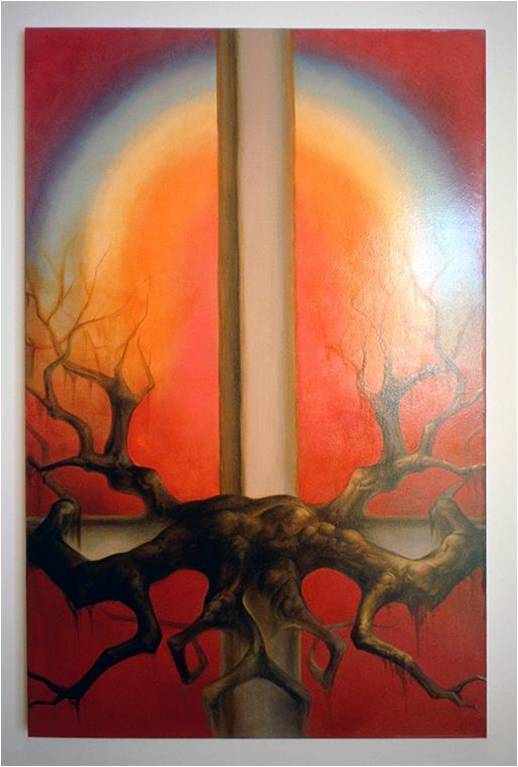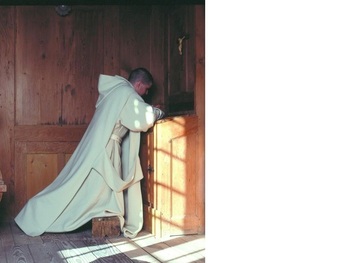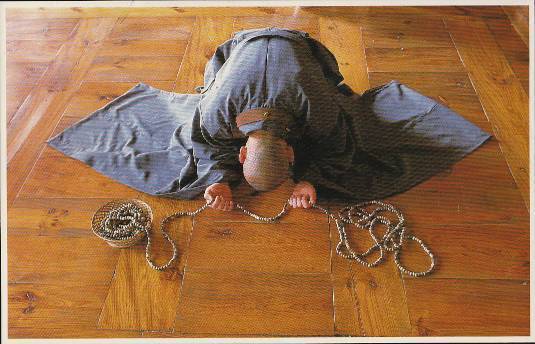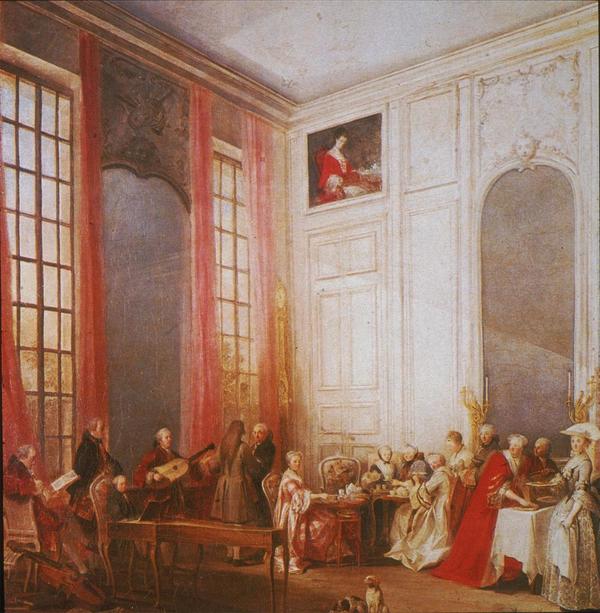Social Issues
- Freedom and Tyranny in Germany: 1750-1848
- The Nature of Religious Experience: Christian and Buddhist
- Society, Human Nature and Reason in Mozart’s Operas
Freedom and Tyranny in Germany: 1750-1848
Hildegund Muller
Section 05 (CRN 23605) MW 11:45-1:00

Not all countries had a revolutionary war when France and America did; yet freedom, the rights of the individual and the fight against tyranny are important themes of 18th century European literature, music and art. Looking back to the democracy in classical antiquity, and using the medium of European history through the ages to avoid direct criticism of their own political situation, the German classical poets wrote complex and enduring texts on personal freedom, civil liberty, and religious tolerance. We will read plays and essays by Lessing, Goethe, Schiller, Heinrich von Kleist, and Georg Büchner, as well as later reactions to them (Brecht). Together with the music of Beethoven and the art of Goya, they will present a vivid picture of the discourse on freedom in countries where the realization of political freedom itself was still a distant dream.
The Nature of Religious Experience, Christian and Buddhist
Robert Gimello
Section 14 (CRN 22832) TR 3:30-4:45

People often use the term “religious experience” as if its meaning were obvious and as if there were a general consensus about what that meaning is. It has also come, in recent times, to be widely assumed that religions, however different they may be from one another, all share the same fundamental character of being systems of belief and practice designed to enable or to precipitate religious experiences. In this sense, it is generally held that something called “religious experience” is somehow of the essence of religion. This course is intended to demonstrate, to the contrary, that “religious experience” is an eminently nebulous concept, about the meaning of which there is little common agreement; that it is a rather recent addition to the set of categories we use to understand and discuss religion; and that religions themselves have not traditionally understood themselves to be simply means of generating religious experiences. This demonstration will proceed by way of posing and trying to answer questions, many of them quite controversial, like the following: What is it that may be said to make a “religious experience” different from other sorts of experience? What sort of authority may religious experiences be said to have? Are religious experiences sources of valid knowledge, and if so how do they differ from other sources of knowledge like reason, revelation, etc.? What is the relationship between religious experience and other components of religion like doctrine, ritual, ethical practice, community, institutional organization, etc.? How may religious experiences be said to differ (or not) from delusions, hallucinations, fantasies, etc.? Are religious experiences essentially private and interior, or are they rather (or, are they also) public? Are religious experiences accessible to empirical (scientific) investigation? These and other questions will be raised using examples of what have been called religious experiences taken from both Christianity and Buddhism, so as to insure that whatever answers we may entertain or propose will not be restricted to only one particular religion.

In practical terms, the course will consist in careful reading and discussion of major theoretical treatments of our topic (beginning, for example, with William James’ classic 1902 treatise, The Varieties of Religious Experience, but extending even to contemporary debates among philosophers, theologians, psychologists, and others who study religion). These will be treated together with brief selections from the canonical writings of Christianity and Buddhism. Class sessions will be given over to oral presentations by students expounding and explaining positions taken by scholars who have studied our questions, or to formal debate in which students argue for or against certain of the views we will explore.
Society, Human Nature, and Reason in Mozart’s Operas
Susan Youens
Section 08 (CRN 22618) TR 11:00-12:15

Society, Human Nature, and Reason in Mozart's Operas In this course, we will be examining late eighteenth-century views of human nature, love and passion, society, government, class tensions, and more, as reflected in the operas that Wolfgang Amadeus Mozart (1756-1791) composed in his last ten years of life, when he was a resident of Vienna. Mozart considered himself first and foremost an opera composer, and these operas are among the glories of Western civilization. If certain aspects of the humanity on display here are of their time and place, others are representative of eternal human dilemmas we can all recognize. Here, conundrums of human will, the education of the heart, conflicts of desire and duty, and more are garbed in witty stage-play and beautiful music.